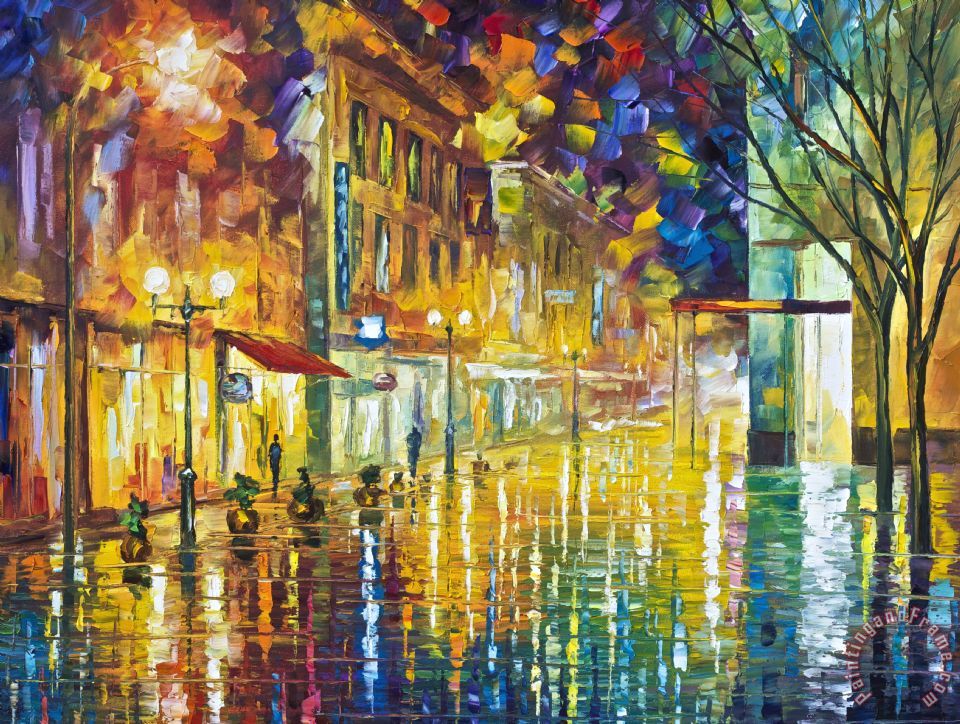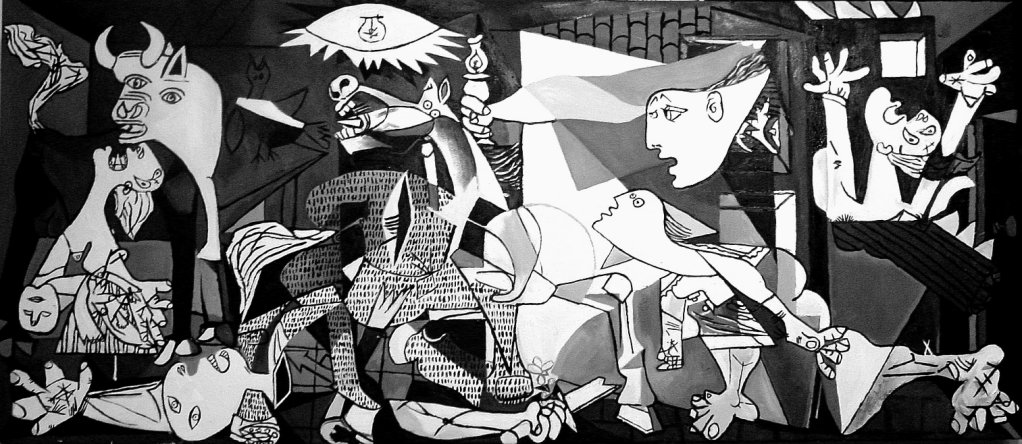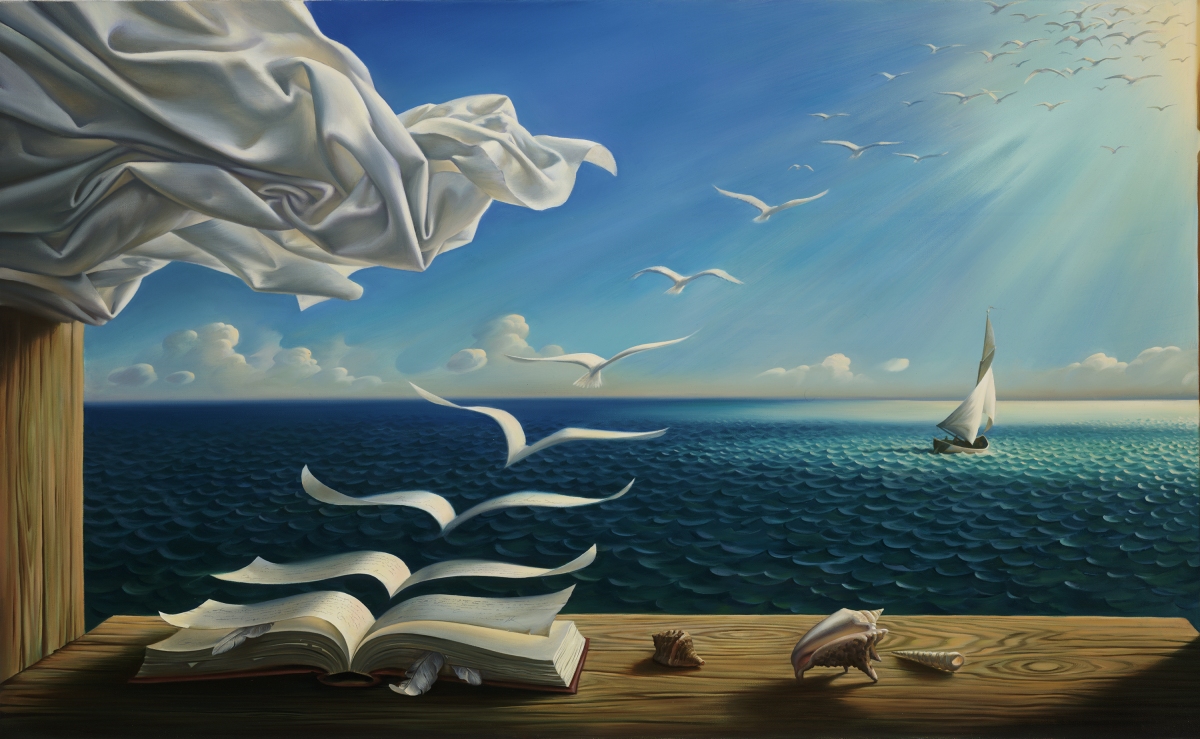Recent events at Cornell University sparks a new wave of criticism of Liberals’ intolerance of conservative values. During his speech hosted by the Cornell Republicans, former congressman and presidential candidate Rick Santorum was repeatedly interrupted by some of the students, despite the administrator’s warning. At one point Santorum responded to the chanting of “shame” in the audience: “I suspect that all of the people that just stood will walk around this campus and talk about tolerance, and all of them will tell you you have to celebrate what? Diversity! Right? Celebrate diversity. Preach tolerance. But when it comes to anybody that disagrees with them, there is no tolerance.”
Quite a sermon on diversity that comes out of someone as intolerant of diversity as you, Mr. Santorum. Now you know how it feels.
While I agree it is extremely disrespectful to heckle a guest speaker, I have no sympathy for Santorum. He gets all the disrespect that he deserves. Santorum’s hate speech against LGBTQ community and foreign immigrants seeks to disenfranchise a significant portion of the population, and it is exactly the kind of protests against his bigoted opinions that helps preserve the diversity that we cherish today. There is a reason that college is a bastion of liberalism, because the people who actually go to college hopefully learn to understand the value of diversity, as well as scientific facts for that matter, and do whatever they can to preserve it. So luckily for us, Santorum’s preaching of intolerance will not go uninterrupted.
Liberals may be intolerant, but they are only intolerant of the people who refuse to respect diversity for no valid reason. I bet those people think they are pretty smart using what they consider to be the “catchphrases” in liberal vernacular such as “tolerance” and “diversity” against liberals, but do they really not see the TRUE IRONY here? Before they cast themselves as the victims of liberal intolerance, conservatives should first learn to truly respect the diversity of the people, no matter their race, their gender, their religion, their background, their sexual orientation – because unlike political orientation, these are the things that we cannot choose. But we can choose to have at least a grasp on reality.


